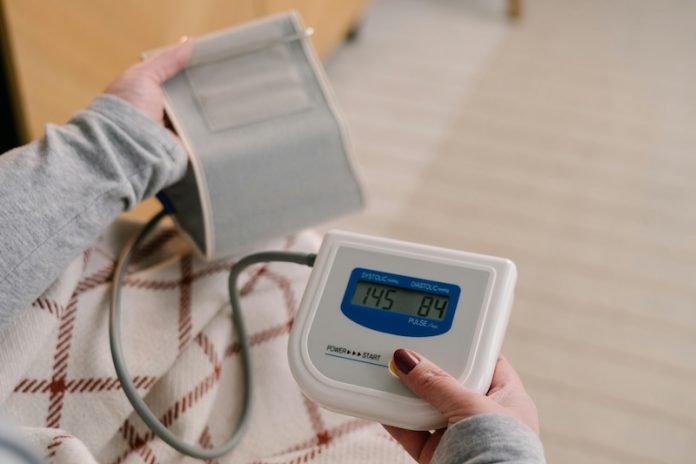
High blood pressure, also known as hypertension, is often called the “silent killer” because it can lead to heart attacks, strokes, and other serious problems without any warning signs.
For many years, people have been told to be concerned if their blood pressure readings go above a certain level. But new research shows that high blood pressure might not always be as dangerous as we once thought.
Blood pressure is measured using two numbers: systolic (the top number) and diastolic (the bottom number). A reading of 120/80 is considered normal, and anything over 140/90 is often labeled as high.
But these numbers can change throughout the day, depending on things like stress, exercise, or even nervousness during a doctor visit. Just one high reading doesn’t always mean something is wrong.
Studies show that the risks of high blood pressure can vary. One study published in JAMA Internal Medicine looked at older adults with high blood pressure. It found that lowering their blood pressure too much with medication didn’t always help and sometimes caused new problems like dizziness or falls.
Another big study in The Lancet found that people with slightly high blood pressure but no other heart risks—like smoking, diabetes, or family history—had a low chance of serious problems.
This means that not everyone with high blood pressure needs strong medications. For some, healthy habits like better eating, more exercise, and less stress might be enough.
Doctors are now paying more attention to the full picture. They look at age, health history, and other risk factors—not just blood pressure numbers. For some people, a slightly higher number might be okay if it avoids side effects from medication.
It’s also important to remember that stressing over your blood pressure can actually raise it. Worrying too much creates a cycle that makes things worse. Instead, focusing on healthy daily habits can slowly lower your blood pressure in a natural way.
This doesn’t mean you should ignore high blood pressure. If your doctor suggests treatment, it’s important to listen. But the good news is that many experts now believe in a more personalized approach to care. You and your doctor can work together to find what’s best for your body and lifestyle.
In short, high blood pressure is still a serious condition, but you don’t always need to panic about slightly high readings. Today’s research supports a more balanced and thoughtful approach, focusing on your overall health, not just one set of numbers. With regular check-ups and healthy habits, you can take control of your blood pressure and your well-being.
If you care about high blood pressure, please read studies that early time-restricted eating could help improve blood pressure, and natural coconut sugar could help reduce blood pressure and artery stiffness.
For more information about blood pressure, please see recent studies about How to eat your way to healthy blood pressure and results showing that Modified traditional Chinese cuisine can lower blood pressure.
Copyright © 2025 Knowridge Science Report. All rights reserved.



